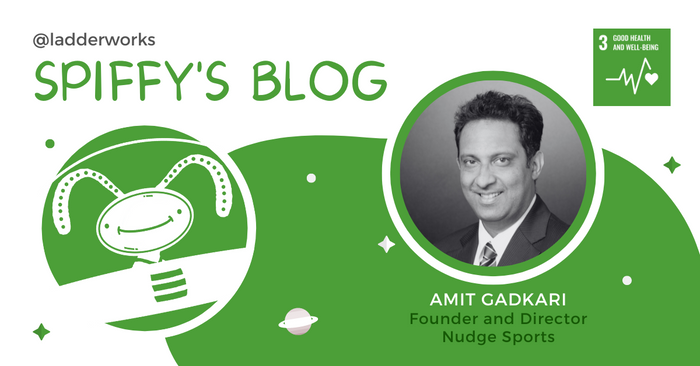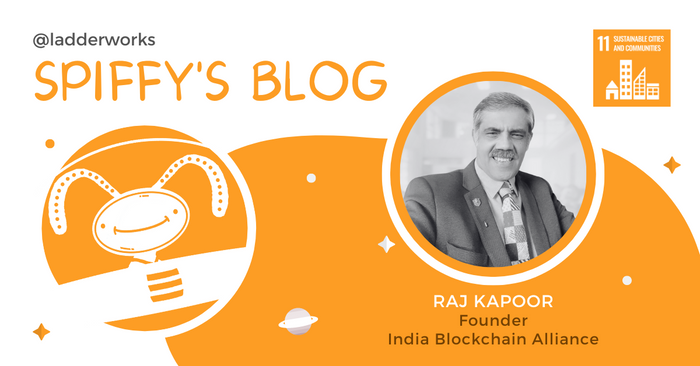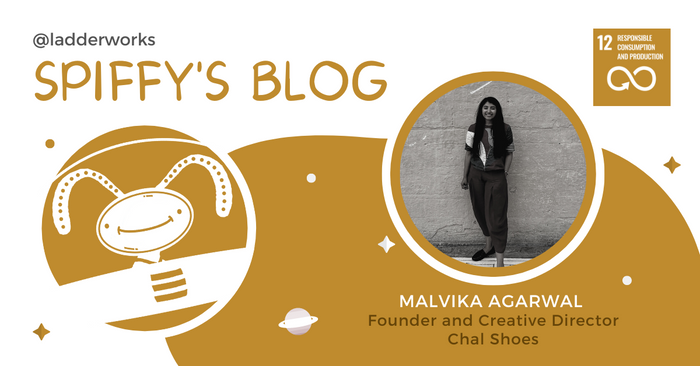Amit: Thanks for having me, Spiffy. Our primary focus is on the mental well-being and performance enhancement of student-athletes. We typically categorize student-athletes as those students who are engaged in competitive sports. They are subject to immense pressure both on and off the field. Our qualified sports psychologists work with them at an individual as well as group level where they focus on their holistic development. With our mental conditioning program, key issues such as performance pressure, fear of failure, lack of motivation, peer pressure, and handling failure are tackled through personalized programs. Apart from this, we work with parents and coaches as statistics have indicated them to be a primary reason for a student-athlete to quit the sport at an early age.
Raj: Thanks for having me, Spiffy. We operate closely in urban environments and sectors, that, face challenges. We leverage technologies like blockchain, artificial intelligence (AI), and the Internet of Things (IoT) to find solutions addressing urbanization and infrastructure, mitigate or predict natural disasters, and address resilient digital infrastructure to protect communities and minimize the impact of disasters. We ideate solutions and encourage environmentally friendly practices and technologies to mitigate their environmental impact around environmental degradation and pollution and promote sustainable consumption and production. By engaging communities in decision-making processes and involving them in the planning and implementation of urban development, we work on real-world problems and not rhetoric.
Malvika: Thanks for having me, Spiffy! We are upcycling materials to make shoes and targeting better/conscious consumption under the shoe segment. Our product is not 100% sustainable, but as an organization we believe that sustainability is truly achieved when we work on creating better processes (that reduce the carbon footprint from an existing process) and use materials that don’t take too much from the environment. Our paradigms are using waste and biodegradable materials wherever possible. Tires have one of the most durability when it comes to travel and transportation; we are changing the norms of its usage from a machine to a human being. 75% of tire waste ends up in landfill which is roughly 750,000 tires. A single tire can produce up to four pairs of shoes!




